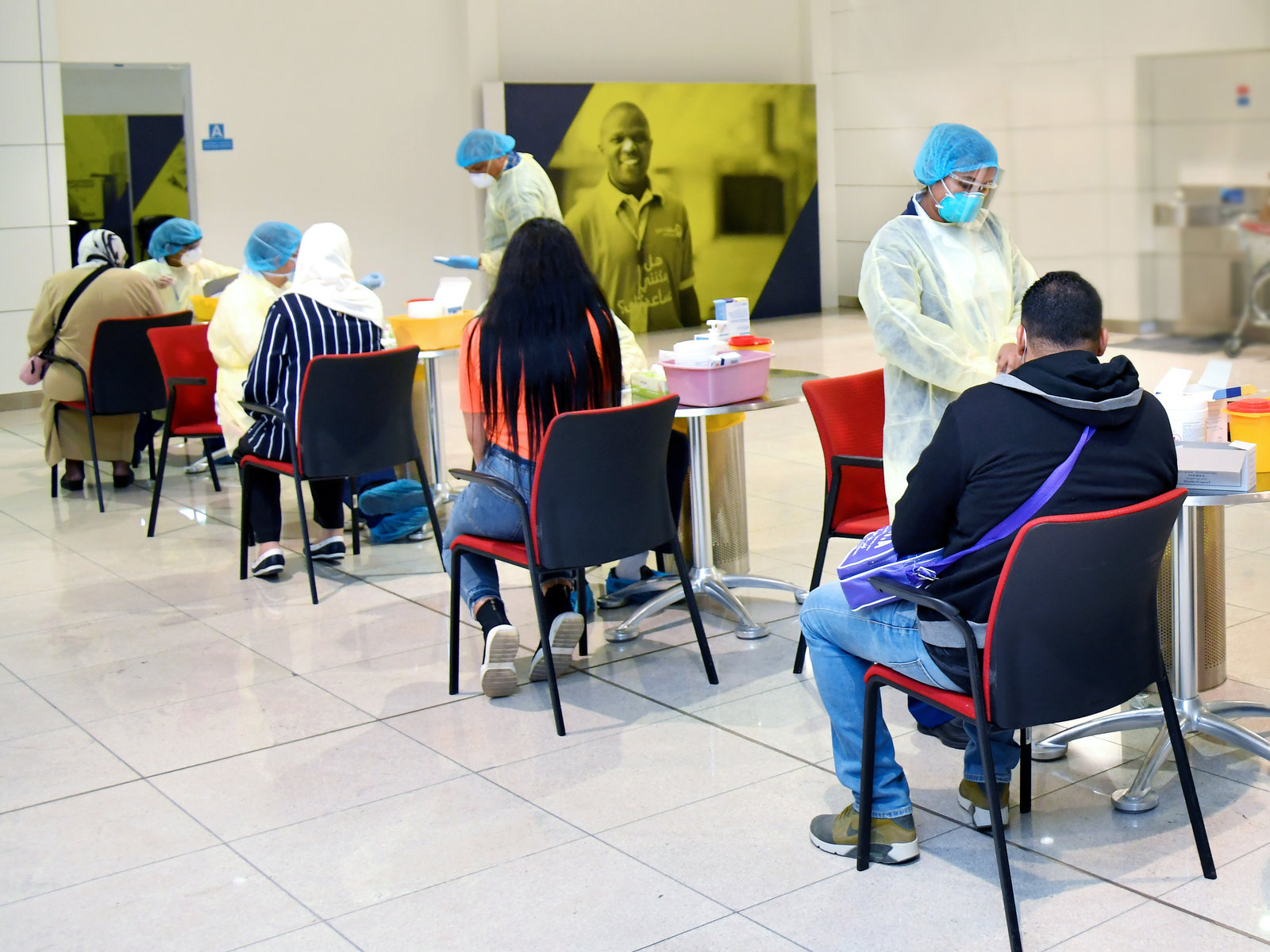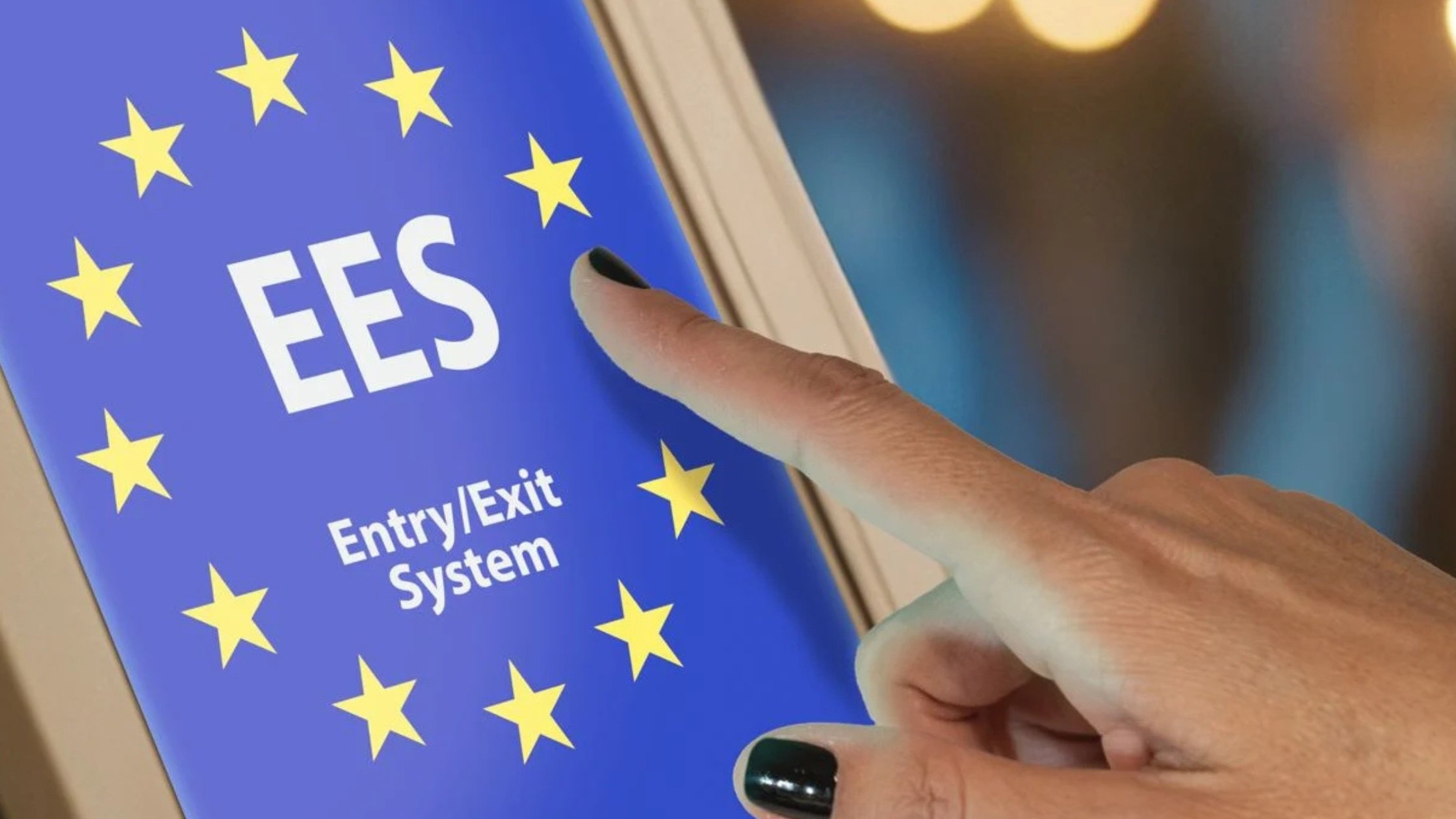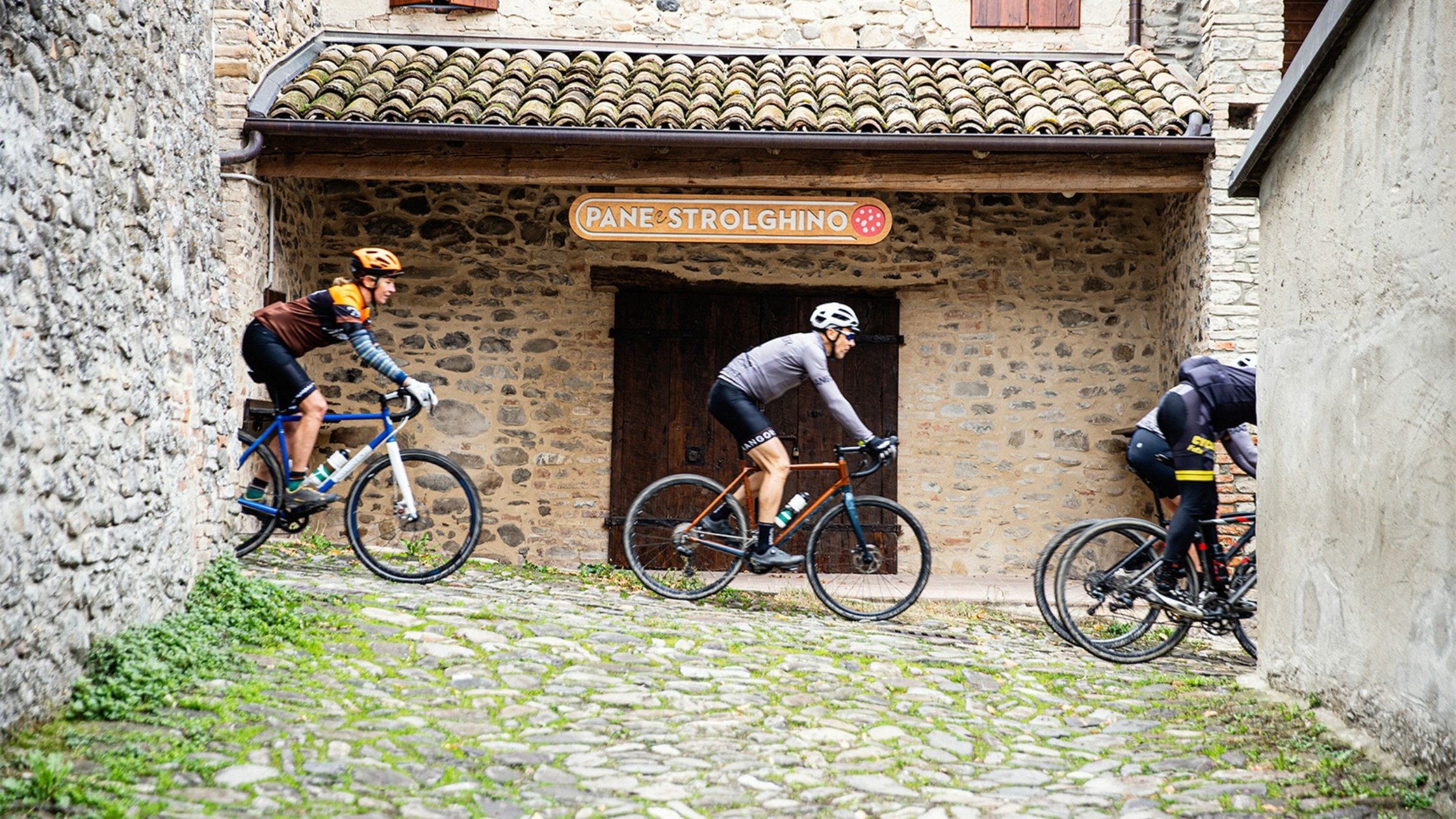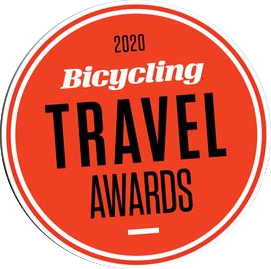We are in the middle of something of historic magnitude. Some things, at least during our lifetimes, will never be the same. There are so many angles for looking at how Covid-19 has impacted and will change travel. I’d like to share my thoughts on air travel, something we’ve taken for granted for decades.
In its early days air travel was glamorous and exclusive, and rightly so. It was the industry that embodied the dream of flying while cheating time compared to driving and crossing oceans and navigating down rivers by boats and ships.
A flight was the experience; the destination was almost an afterthought. People of my parents generation (in their 70’s) would say that many people took their first flight of their lives on their honeymoon. In the 80’s, air travel started becoming more democratic and affordable, and with low-cost options it became nearly a commodity.
A few decades later things changed, and they've now changed again but at a stratospheric pace. 9/11, as tragic as it was, could be considered a mild stress test for the airline industry compared to the challenge of the coronavirus pandemic spread. After September 11, 2001 air travel dropped 30% worldwide.
The new reality is that, as of now, while everyone is eager to start traveling again, no one is eager to get inside close-contact plane cabins. Are we equipped to face this new type of fear? Do we want to comply with yet more restrictions and protocols when taking a flight?
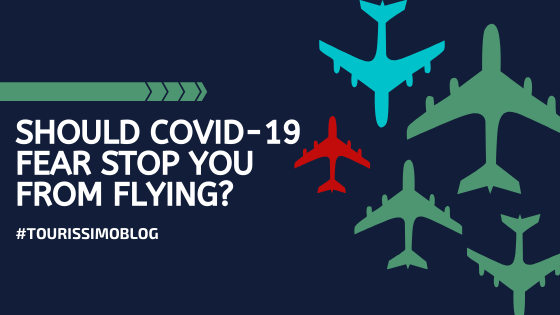
In a recent interview on Forbes Shannon Stowell, the enlightened CEO of the Adventure Travel Trade Association, said:
“For years people have talked about 'catching a cold on a flight.' Whether a traveler's understanding of how air and filters work in a plane is fact-based or not, there is a widely held belief that people that fly run a chance of catching cold or flu. I have to think this will translate to the coronavirus as well.”
The situation is not good and there’s hardly an easy solution on how to minimize fear and risk. What makes things really surreal, if you stop to think about it, is that we could be victims and spreaders. It's very socially awkward. We trust no one, not even ourselves.
While in the early days of travel checking-in and boarding was exciting, we must admit that no matter how good service is and how kind the staff is we despise the experience and we’ve seen how edgy people can get if things don’t go smoothly. Airport rage is just the tip of the iceberg. And now add this unforeseen challenge for air travel and for all of us travelers.
It is possible that airlines will have to rethink their business models, granted they survive. Grounded planes are a huge liability. But I don’t expect promotions or savings as part of their strategy because it is possible that demand will surpass supply as they will choose to schedule fewer flights and cancel the ones that are under-booked. Thoroughly sanitizing planes between flights will cost more both in terms of downtime and personnel.
Logically, the biggest challenge for airlines has always been operating flights with too few passengers because of lingering demand, but now restrictions on the number of people that can safely board might force airlines to take a hit on this most important metric. And now add the irony that unheard-of low oil prices can hardly save the day.
70 to 90% of international air travel has stopped. Read how some airlines have taken action.
If you add to the equation possible mandatory quarantines and closed borders you’ll understand that while I think that travel will gradually resume in the summer, things are very complicated and unpredictable.
Understandably, Juliet Kinsman, sustainable luxury travel writer and broadcaster, wrote in CN Traveller:
“We might not want to stray so far from home at first – minimising the amount of time we spend in airports or on planes.”
From a traveler's point of view, it will take some time to go back to full confidence when booking a flight. That confidence will come with a COVID-19 vaccine. But there are measures that can make air travel safer as people will be pre-checked or screened (my speculation) for positivity 24/48 hrs before a scheduled flight.
It would be not enough, yet a step in the right direction, to simply take temperatures at check-in or at the gate. Way too late to prevent contaminating others and surfaces. However, Emirates Airline has begun conducting rapid on-site COVID-19 tests for passengers with results ready in less than 15 minutes and Etihad Airways is testing kiosks at the Abu Dhabi airport that detect symptoms and that can prevent you from checking-in.
Passengers are tested for COVID-19 at Dubai International Airport on Wednesday (April 15, 2020) before departing to Tunisia - Emirates Airline
In other words, a medical pre check-in will make air travel much safer than taking an UBER or going to a movie.
It goes without saying that a good chunk of adventure travel relies on air travel. What I am about to say probably goes against the interests of our tour company, but we are travelers ourselves: For the time being, catching a flight to go on a vacation should be the exception and not the norm. A trip should make an intercontinental flight worth it. We'll be traveling long distances for special occasions and when we get there we will stay longer. I assume that whenever possible we will choose to drive our car or rent one over forms of public transportation that involve many people in a confined space.
We will select destinations in terms of safety in unprecedented ways: we have never before had to worry about quarantine and lockdowns. But, trust me on this, we will travel as soon as we can, somehow, somewhere.
I strongly believe that micro-adventures close to home - some started calling them “staycations” - are greatly underrated and under-appreciated. They lack the exotic allure for these two reasons:
- They are not packaged as experiences but merely as places to go to.
- Travelers don’t rely on professional travel experts, preferring to self-organize.
A good example is what our good friend Anne Poarch is doing in Richmond VA with Basket & Bike.
Also, the adventure and active travel industry has been advocating for a reset because of climate change issues and to shield over-traveled destinations. Well, we got what we were hoping for in pandemic-fashion as well as other long-term changes and adjustments related to air travel:
- Fewer flights and less crowded airports
- Respectful social distancing
- Perhaps, seat layout configuration changes (who does not like more leg room…)
- Fewer chances of lost luggage
- Long-haul travel will be considered a viable or the best option for special occasions
- Airline communication will change from promotions and convenience to empathy and safety, both in terms of perception and actual
- Airlines lounges with limited access number and single portion food (no buffet)
- Boarding order will respect an order that minimizes clogged isles (not according to status)
Lastly, travelers will have to trust the airline they chose for transparency and fairness in its cancellation and rescheduling policies.
In a nutshell, we could travel less by air, spend more for it, while having a better air travel experience.
I don’t have an answer on the when things will go back to – the new - normal. That said, after postponing our trip back to Italy, today we booked our flights for May 5th (2020) and the process went smoothly. We did not spend more or less than expected and at Delta they were very helpful as usual (no affiliation).
I expect that we’ll have our own masks and perhaps gloves. We’ll check our health and temperature before making it to the airport.
What else…we expect that empty seats will allow social distancing between passengers and that they’ll question all passengers' health with disclaimers and by checking temperatures. I also expect the cabin to smell like a hospital operating room. Ideally, serology self-testing kits would be available and that would diminish the blindspot of asymptomatic cases. The food and beverage service will be minimal and packaged as single portions.
In conclusion, when the first, braver travelers go through a better airline experience and are able to brag about their trip, travel will steadily regain momentum. Each country will be on a different schedule because of the stage of the crisis they are in and because of culture.
I am mildly optimistic that travel between North America and Italy will resume in a few limited cases and with mandatory restrictions in June with July and August open for business but with boundaries in terms of numbers and behavior. After careful monitoring, things could loosen up in September. That said, experts don’t seem to agree on too many things – they just don’t have all of the answers right now – and they fear a second wave. I am staying informed and while I’ve expressed my gut feeling I know that things can change quickly.


